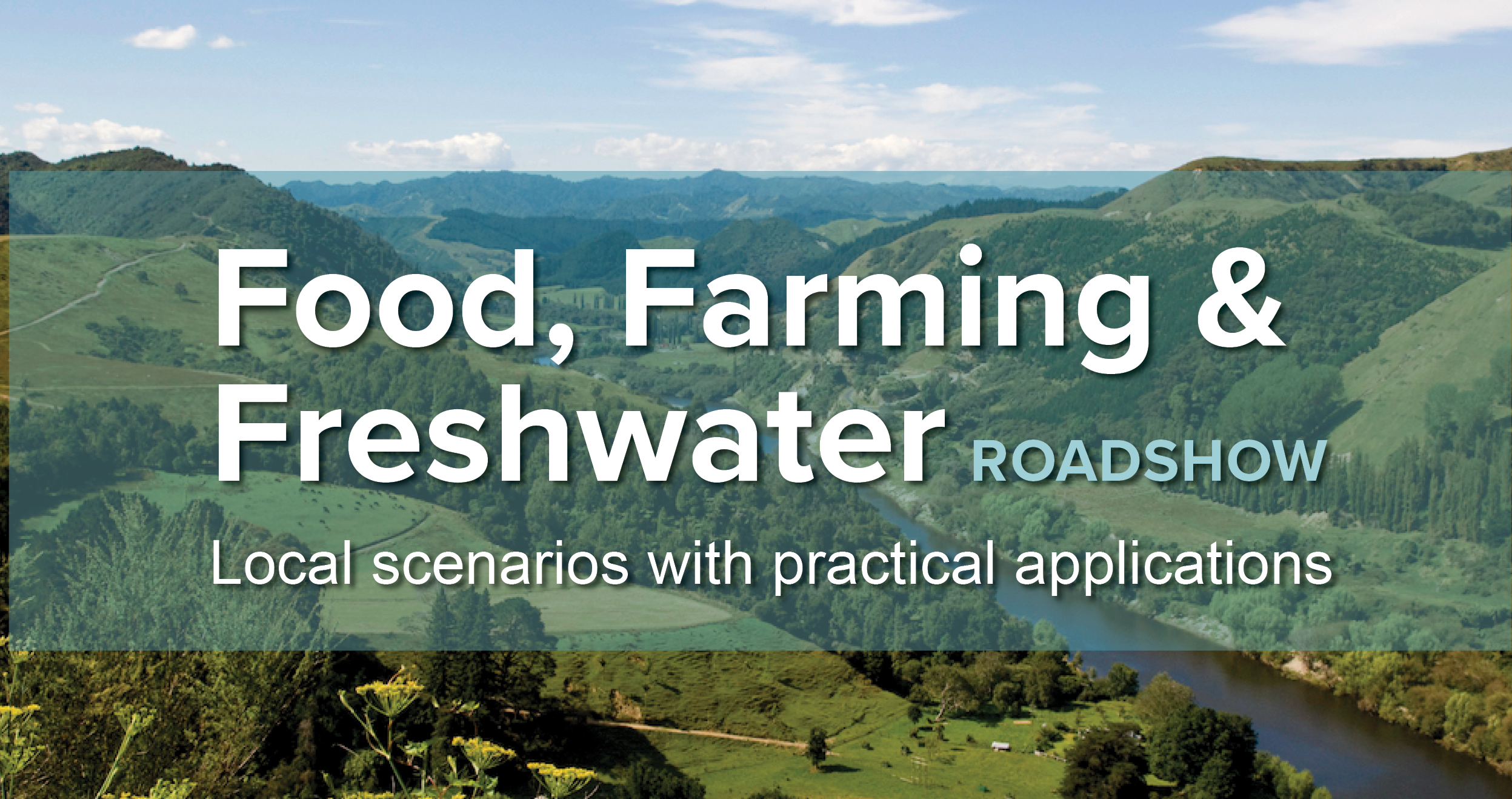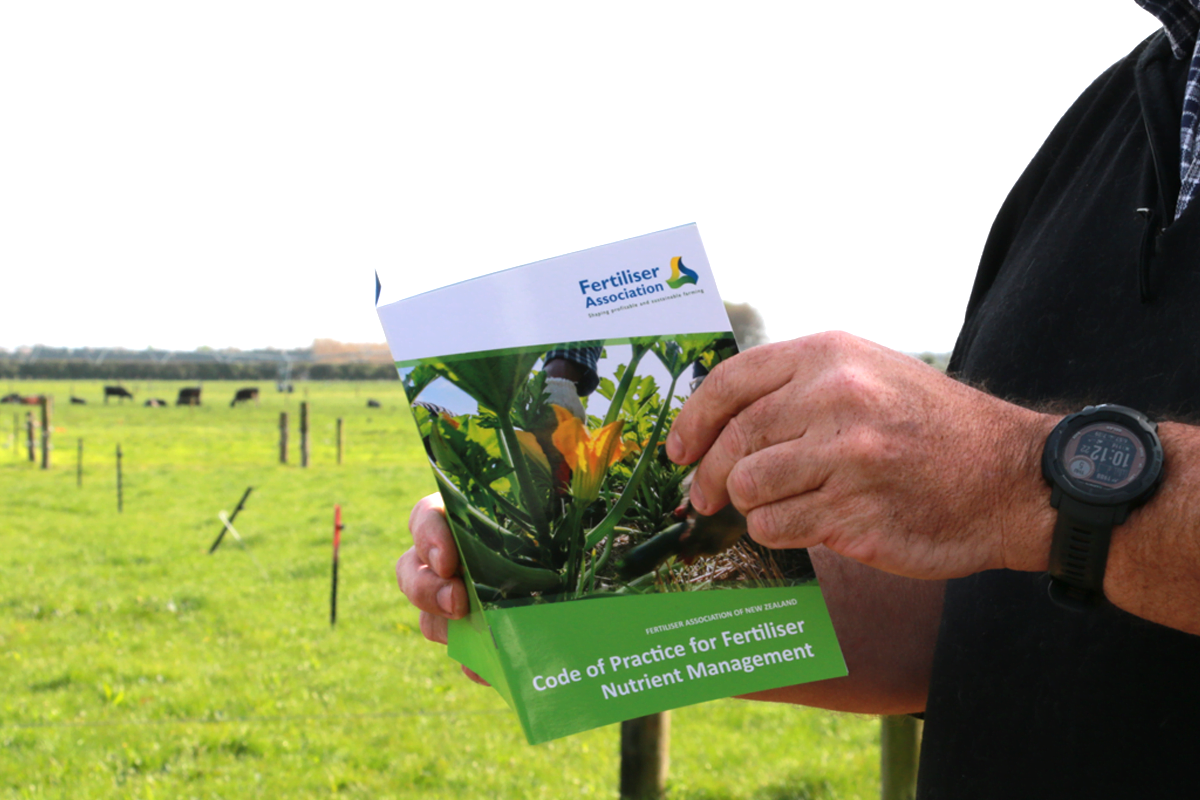Canterbury Farmers’ and Rural Professionals’ Perception of Drone Use in Environmental Management
October 2021
The purpose of this research project is to identify barriers to, and incentives to overcome the challenges of, integrating drone use to achieve better environmental compliance outcomes.
Ongoing requirements for environmental improvements by the farming sector and the advancement of unmanned aerial vehicles (UAVs) or drones have led to the possibility of incorporating drone use for environmental management and compliance purposes. This research project set out to investigate the perceptions of farmers and rural professionals about using drones for environmental compliance purposes, and how drone use can be proactively integrated into on-farm management for better environmental outcomes.
Observations of the FEP audit processes involving drone use, along with follow-up in-depth interviews of farmers and rural professionals provided the findings of this initial investigation. These findings were further enriched by additional interviews with selected rural professionals who were aware of drone but had not adopted them into their audit processes.
Research results were analysed in light of existing relevant literature to reveal that drones use does have its limit in terms of its subjectivity to weather conditions, and its inability to detect sound and smell. However, drones can be very useful for environmental management and compliance
purposes, aided by their ability to save time, access hard-to-get-to places by vehicle or on-foot, provide additional aerial view evidence, and reduce health and safety risks. In particular, drones can be useful during the phase of FEP preparation, as they provide a good overview of the whole farm system. If also used in subsequent FEP audits, then images from the same bird’s eye perspective can provide powerful evidence of on-farm improvements in relation to environmental management. This could improve the transparency of the compliance processes.
Report for the Our Land and Water Rural Professional Fund
 View Our Strategy Document 2019 – 2024
View Our Strategy Document 2019 – 2024



